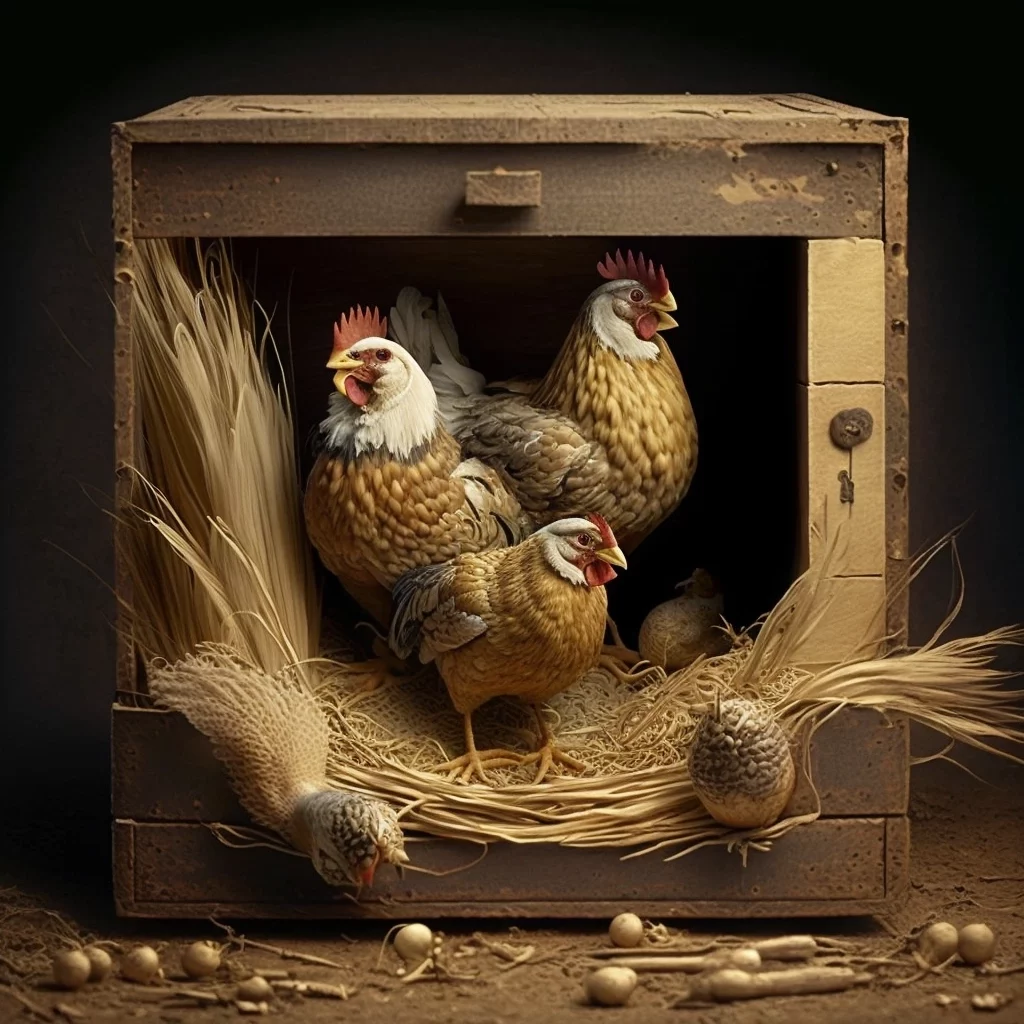Someone once told me, “When I was growing up my family kept hens and a cockerel named Gockle. The cockerel and the hens ran around in the yard together, scratching and pecking at grains. Once we decided to give Gockle a special treat, and so we picked him up and put him down right in the middle of the box where the grain was stored. That must have been heaven on earth to a chicken! Yet even though Gockle was now standing on thousands upon thousands of tasty grains, he simply looked at us with a surprised expression and did nothing. He did not eat a single grain. Finally we took him outside again, where he scratched and searched for grains like he had before.”
The story “Gockle’s Good Luck” reminds us that we cannot always recognise and accept happiness and that some people have reasons of their own for not improving their situation. It also reminds us that we need goals for which we fight and that unexpected success may overtax our capacities. In conversation with parents, for example, the story can be used to make it clear that children and teenagers should not be allowed to become accustomed to taking an affluent lifestyle for granted, and that they need to experience achieving success and possessions through their own efforts. The story can also be used to alert listeners to the fact that they are taking skills for granted and overlooking opportunities for action, even though – or perhaps because – they are present in abundance.
(From: Stefan Hammel: Handbook of Therapeutic Storytelling. Sories and Metaphors in Psychotherapy, Child and Family Therapy, Medical Treatment, Coaching and Supervision, Routledge 2019)

